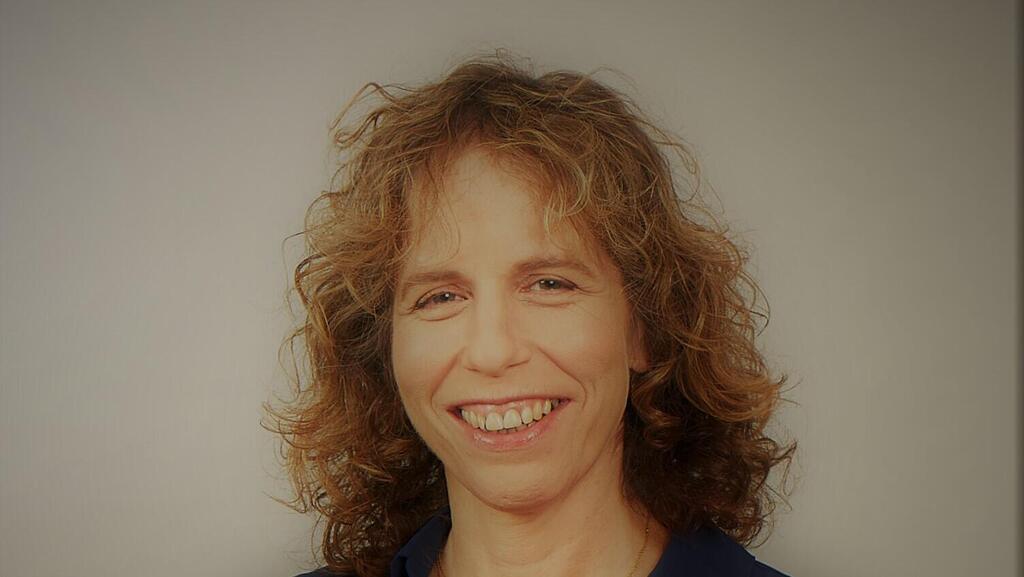
Opinion
Where are the 45-year-olds in high-tech?
“I don’t know why ageism exists in high tech, especially at startups. Yet it occurs, even if unintentionally. What’s important is how we can deal with it in an industry that essentially glorifies the ‘here and now’,” writes Tamar Domany of Sunbit
Planning your career is like running long distance: Experienced runners can be spotted a mile away; training and preparation happen in stages, and demand great investment, perseverance, and commitment. It’s not just a matter of physical ability. Running begins and ends with the mind. It’s early mornings and hours of training and persevering. Other commitments get set aside, and you dedicate yourself to the challenge.
However, when I participate in long-distance running events, runners over the age of 45 are overrepresented, so why, in the workplace, is their representation precisely the opposite?
Honestly, I have no complaints. Even at almost 50, when I opted for a career change and left the large, established high-tech company, which was home to me for many years, it wasn’t especially difficult to find a position at startups. So how can it be that in terms of age, I am in the minority? Why, at most startups, is it far rarer to find employees in the 45-50-year age bracket?
Firstly, because of ourselves. On approaching a certain age, many employees begin to believe less in themselves and their ability to face their competition. The second obstacle is the employer. Even if discrimination was not blatant; even if no one admitted to their company’s unwillingness to employ more mature people, it hovers in the background: Companies that organize funky events that saliently address a specific demographic; companies in the center of Tel Aviv - easily accessible by scooter from downtown digs, but a nightmare when coming from out of town; companies that attract young employees using the right lingo, graphics, or through the messages they convey; even recruitment managers who are subconsciously reluctant to employ people older and more experienced than they are.
These days, high tech companies are zealously recruiting talented employees, yet they focus primarily on younger people, at the expense of experience.
Related articles:
The loss is theirs, since mature employees are the best workers you could ask for: We are experienced. Throughout my career I have learned and worked with several technologies; having grown children, we are more available; moreover, we aren’t looking to hop from company to company, in contrast to the current trend.
I don’t know why ageism exists in high tech, especially at startups. Yet it occurs, even if unintentionally. What’s important is how we can deal with it in an industry that essentially glorifies the ‘here and now’. Our first step as employees is not to be afraid, nor give up or compromise on less than we deserve, and employers need to internalize the benefits older employees bring, and create structure and programs that better suit our needs and abilities. And anyone who closes their eyes and claims that it’s a young person’s world can join me for the next marathon. Just don’t expect me to carry them for the next 40km.
Tamar Domany is a Data Engineer at Sunbit
